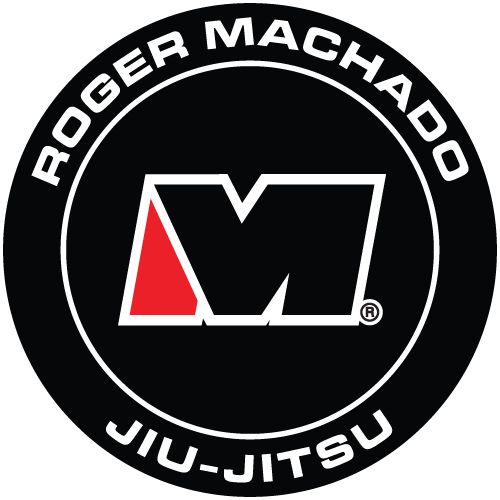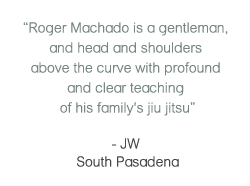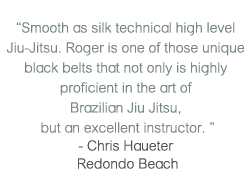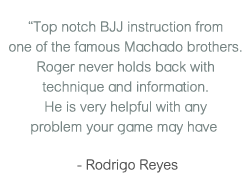Brazilian jiu-jitsu is a martial art and combat sport that teaches a smaller person how to defend himself against a larger adversary by using leverage and proper technique. The Gracie family, the founders of BJJ, modified judo and traditional Japanese jujutsu to create the art. It contains stand-up maneuvers, but it is most famous for its devastating ground-fighting techniques. Gaining superior positioning—so one can apply the style’s numerous chokes, holds, locks and joint manipulations on an opponent—is the key in BJJ.
BJJ’s roots began in the early 1900s. Esai Maeda—the chief of a Japanese immigration colony who was assigned to Brazil—befriended Gastao Gracie. Maeda, a former jujutsu champion in Japan, taught the art to Gracie’s son, Carlos. In 1925, Carlos and his four brothers opened the first jiu-jitsu school in Brazil. Carlos’ younger brother, Helio, adjusted the techniques to suit his small frame, thereby creating Brazilian jiu-jitsu. In the early ’80s, Helio’s son, Rorion, planted the seeds of BJJ in the United States, where the art has become immensely popular.
Brazilian Jiu-Jitsu’s roots began in the early 1900s. Esai Maeda, the chief of a Japanese immigration colony who was assigned to Brazil, befriended Gastao Gracie. Maeda, a former jujutsu champion in Japan, taught the art to Gracie’s son, Carlos. In 1925, Carlos and his four brothers opened the first Jiu-Jitsu school in Brazil. Carlos’ younger brother, Helio, adjusted the techniques to suit his small frame, thereby creating Brazilian Jiu-Jitsu. In the early ’80s, Helio’s son, Rorion, planted the seeds of BJJ in the United States, where the art has become immensely popular.











